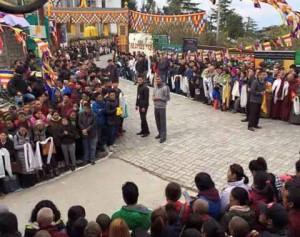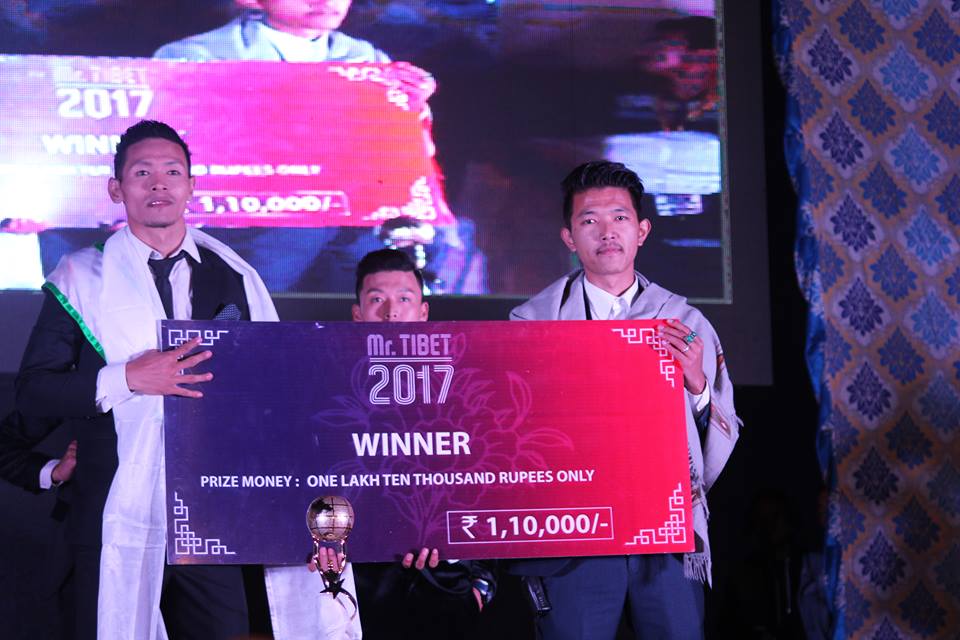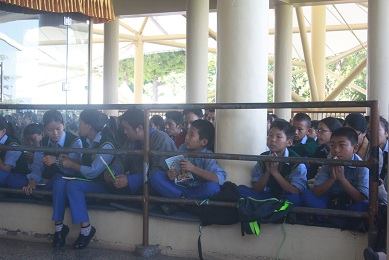Prime Minister Oli’s visit to China: Six MoUs to be signed
ANIL GIRI, Kathmandu Post | March 15, 2016
KATHMANDU- At least six memorandums of understanding (MoUs) are likely to be signed with China during Prime Minister KP Sharma’s Oli’s visit to the northern neighbour beginning March 20.
According to Deputy Prime Minister and Minister for Foreign Affairs Kamal Thapa, MoUs related to trade, transit and investment will be signed during the visit.
“We will seek Chinese assistance in various infrastructure-related projects during the meeting with the Chinese leadership in Beijing,” said Thapa.
MoUs on transit and transportation and importing fuel from China and agreements on bilateral trademark registration and protection, free trade and opening of a branch of a Chinese bank and Nepal’s new consulate general office in Chengdu of Sichuan Province are also on the cards.
Leading around a 50-member delegation, PM Oli is visiting China from March 20 at the invitation of his Chinese counterpart Li Keqiang.
While in Beijing, PM Oli will meet Chinese President Xi Jinping, Premier Li and Vice President Li Yenchon on March 21. After his official visit to Beijing, PM Oli will leave for Hainan Province of China to participate in the annual conference of the Boao Forum for Asia. He will also address the ceremony.
Similarly, Chinese Foreign Minister Wang Yi and other senior Chinese government officials and party leaders of the Communist Party of China (CPC) will call on PM Oli during his stay in Beijing.
On March 22, PM Oli will leave for Boao.
He will return home via Tibet on March 24.
The Cabinet is yet to finalise the delegation, but officials said at least four ministers, half a dozen government secretaries, lawmakers from major political parties, senior government officials, journalists and a team of businesspersons are expected to accompany PM Oli to China.
As the Chinese side has communicated that it will extend hospitality only to 11 members of the delegation, including the prime minister, the expenses of the rest of the members of the delegation have to be borne by the government.
Senior officials at the Ministry of Foreign Affairs said that the Nepali side is looking forward to Transit and Transportation Agreement with China to use its sea port and import petroleum products through government to government (G2G) and business to business (B2B) deals to pave the way for private players can import fuel from the northern neighbour.
The Nepali side is also planning to seek Chinese assistance for the construction of at least three petroleum depots in Pachkhal (Kavre), Battar (Nuwakot) and Khairani (Tanahun).
Other agendas include seeking Chinese grant and soft loan for developing reservoir-type Budhi Gandaki (12,00MW), Kimathanka-Arun (400 MW) and Sunkoshi Third (585MW) hydropower projects.
Similarly, expediting loan agreement for construction of regional airport in Pokhara, opening up more trade routes, establishing one Nepali cultural centre in Beijing), upgradation, expansion of Kodari Highway and Kathmandu-Kerung highway, feasibility study of Kathmandu-Pokhara rail service and studying feasibility of mono rail in Kathmandu are also high on the agenda.




